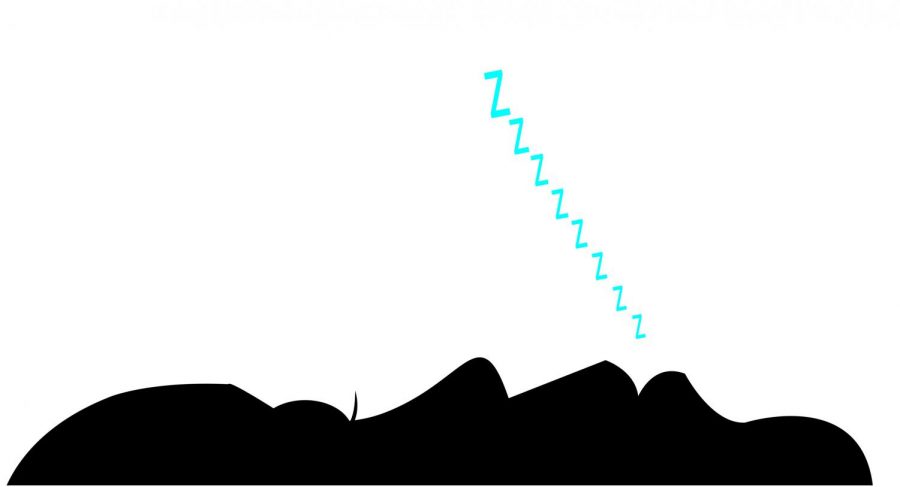Lengthy naps proven detrimental to internal clock
September 25, 2014
For most busy college students, the mid-afternoon nap is a saving grace. It is that point during the day where one might feel the most tired from lack of sleep and is often void of activity.
These situations can be a power nap waiting to happen.
Assistant Professor of Nursing Michelle Nelson said she agrees.
“The time between 1 p.m. and 4 p.m. in the afternoon is the point at which melatonin levels in our body rise and it’s not uncommon for people to feel sleepy,” she said. “How we deal with that is what matters. Most experts agree that if taking a nap, you should not sleep for more than 20-25 minutes. Anything longer, and it may affect your sleep drive, thus making it more difficult to fall asleep at bedtime and lead to sleep deprivation.”
Circadian cycles are characterized by physical, mental and behavioral changes following a roughly 24-hour cycle, according to the National Institute of General Medical Sciences.
Sophomore Darius Asher said he takes the mid-afternoon nap to the extreme.
“Around 3 p.m. I get out of class, and I take a nap,” he said. “I feel so slumped that I might fall asleep for five hours. Once I sleep for that long, it’s over. I’ll be awake until the sun comes up, and then there’s no reason to fall back asleep.”
Junior Derek Conner said the sacred mid-afternoon nap is crucial to his day-to-day life.
“When I stay up late and get around four to five hours of sleep, I need a nap to function and get things done. Without those extra hours of sleep, I would feel terrible and not want to do anything,” he said.
Sleep deprivation is something that can dramatically affect one’s performance in school, Nelson said.
“Sleep deprivation has enormous effect on memory consolidation, which is essential for learning new information,” she said. “Even your quality of life suffers to a degree that might lead you to do worse in school.”
Sleeping the right number of hours is important, Nelson said. A normal sleep routine, free from things that are not contributive to sleep, will alleviate sleep deprivation.
Senior Christian Clark said his responsibilities cause him to lose hours of sleep.
“A few years ago, I would get very few hours of sleep at night because of practicing and studying I did,” he said. “I was forced to sleep during the afternoon. This year however, I have been trying to get eight to nine hours of sleep at night and it has made a difference with the amount of things I get accomplished.”












